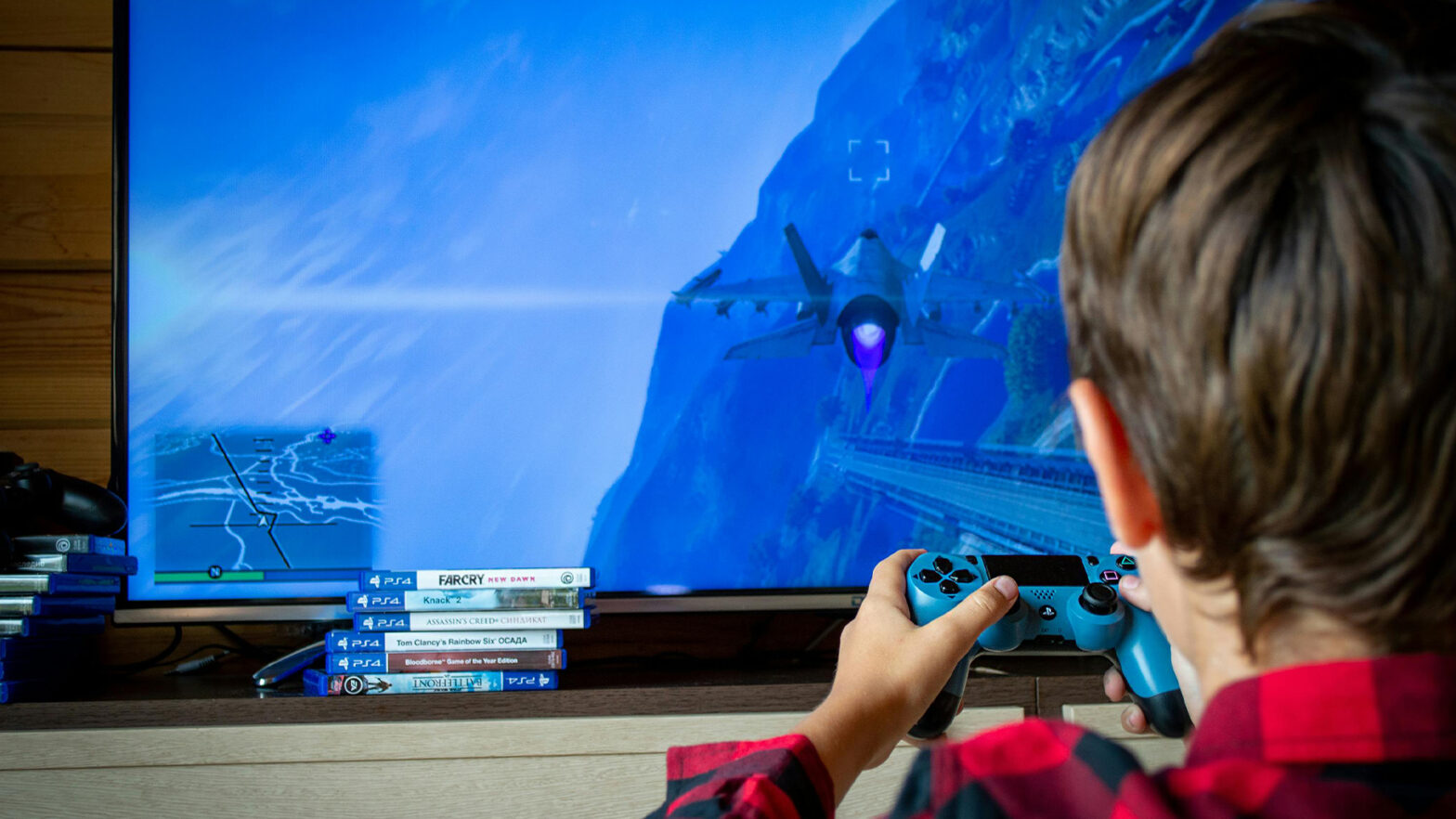
As Christmas approaches, many kids will be thrilled to unwrap the latest video games for their Nintendo Switch, PlayStation, or Xbox. With all the excitement, it’s easy for gaming to become a regular part of their day – but what impact does it have on their sleep routines?
For parents, understanding the impact of gaming on sleep is crucial in setting healthy habits early. With many games now rated PEGI 3, suitable for all ages, children are exposed to gaming at younger ages than ever before. Balancing gaming time and ensuring kids have a wind-down routine before bed can help them enjoy their new games while still maintaining a well-rested and refreshed sleep schedule.
MattressNextDay has highlighted the ways gaming can influence kids’ sleep routines and offered practical tips for keeping bedtime on track. With strategies like setting gaming cut-off times, creating calming pre-sleep routines, and encouraging non-screen activities close to bedtime, parents can support healthier sleep patterns even with the excitement of playing new games.
How Video Games Affect Kids’ Sleep
MattressNextDay’s sleep expert and CEO, Martin Seeley, has provided insights on how gaming might be impacting kids’ sleep routines:
Blue Light Exposure: “Extended gaming sessions, especially late in the day, increase screen exposure and blue light intake. Blue light from screens suppresses melatonin production, a hormone critical for regulating sleep, which makes it harder for kids to fall asleep. This delay in falling asleep often means less time spent in deep, restorative sleep stages. The overstimulation from gaming can further impact sleep quality, leaving kids feeling tired and less refreshed the next day. Protecting this natural rhythm by limiting evening gaming is essential for healthy rest and alertness.”
High-Stimulation Games: “Fast-paced video games, with their bright colours and constant action, can stimulate a child’s mind, making it difficult for them to unwind before bedtime. This mental stimulation can delay sleep, reducing overall rest and leaving children feeling restless or fatigued the next day. To counteract these effects, parents should consider establishing a relaxing pre-bedtime routine, such as reading or quiet activities, and limit screen time at least an hour before bed. By giving children time to wind down without screens, parents can help ensure better sleep and more restful nights.”
Gaming before bed, especially with competitive or high-intensity games, can lead to vivid dreams or even nightmares due to the adrenaline rush kids experience during gameplay. This excitement can spill over into sleep, disrupting their rest.
“When gaming becomes part of a child’s bedtime ritual, they can develop a dependency, making it difficult to stick to a healthier routine. If they don’t get their gaming fix, it can lead to early wake-ups or struggles falling asleep, further disturbing their sleep schedule” advises Seely.
To combat these risks, MattressNextDay has shared expert tips to help parents set healthy gaming guidelines.
Set a Gaming Curfew: Limit gameplay at least 1 hour before bedtime. This break helps kids wind down, allowing their minds and bodies to prepare for sleep without overstimulation.
Use Blue Light Filters: Many devices now offer blue light filters or “night modes” that reduce exposure to the blue light that disrupts melatonin. Encourage kids to turn this on during evening gameplay.
Encourage Calming Activities Before Bed: Replace the gaming screen with a relaxing activity, like reading, drawing, or listening to music, to shift their minds from the high-energy gaming environment to a calmer state.
Create a Consistent Bedtime Routine: Having a regular bedtime and wake-up schedule, even on weekends, helps reinforce the body’s natural sleep-wake cycle, making it easier to fall asleep and wake up refreshed.
Limit Screen Time During the Day: Try to reduce screen time outside of gaming, especially in the late afternoon and evening, so that kids aren’t constantly exposed to stimulating content that can carry over into bedtime.
Encourage Physical Activity: Physical activity during the day helps with sleep quality. An after-school sport, evening walk or bike ride can help kids burn off energy and prepare them for a good night’s sleep.
Create a Sleep-friendly Environment: Make the bedroom a comfortable, quiet, and tech-free space. Removing gaming consoles or devices from the bedroom can help avoid the temptation to play late into the night.

















